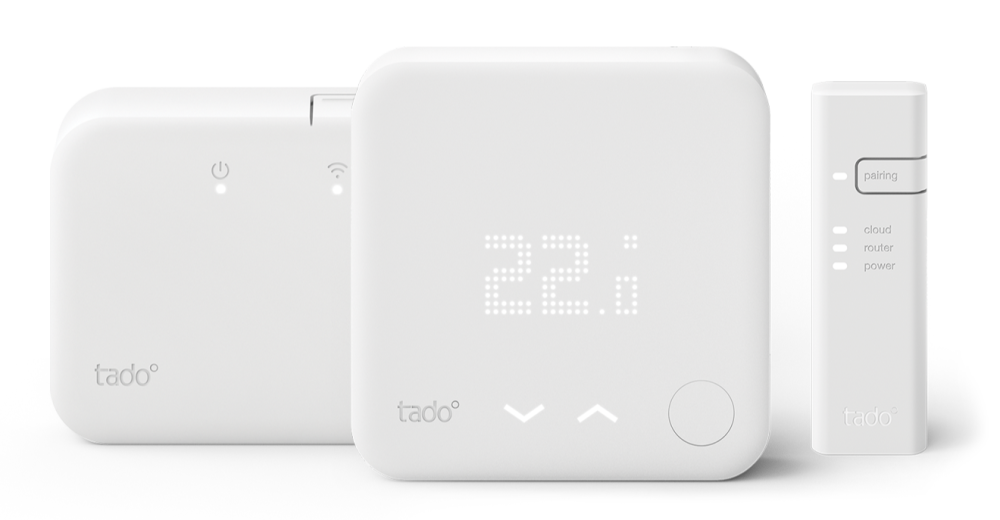Tado, a German smart home startup that specializes in thermostats and has lately expanded into flexible “time of use” energy tariffs based on loadshifting technology, announced today the next phase in its business existence. According to TechCrunch, it will go public via a SPAC transaction.
GFJ ESG Acquisition, a German SPAC organization concentrating primarily on sustainable technology, announced a merger with tado (this way is startup styling its name) and the listing of the new business on the Frankfurt market. GFJ and tado are now working on the PIPE deal, which is estimated to value tado at €450 million ($514 million at today’s values) when completed. The new company will continue to operate under the name tado.
Tado’s representative said that the company is not saying how much it expects to raise in the IPO, nor when the listing is anticipated to take place, save that it will most likely take place in the first half of 2022.
The move comes on the heels of two significant breakthroughs for tado. Tado acquired the startup aWATTar last week in order to expand from energy consumption hardware inside the home to software to better manage energy consumption and costs based on both how the customer uses energy and how pricing varies depending on the fluctuations of that energy source.
Tado also raised $46 million in May. At the time, the business said that this would be its last round before going public, and that is exactly what is happening today. The business had raised just short of $159 million in total, with an impressive roster of backers that included Amazon, Siemens, and Telefonica. Its value in earlier private rounds was far lower than the €450 million it aims to attain with its market cap upon listing: according to PitchBook statistics, it was roughly $255 million.
The transaction is important because it will be one of Europe’s first large green tech businesses to go public. Tado’s overarching purpose is to provide services to assist in the management of energy usage in an end-to-end system, beginning with the power grid and ending with users in their homes. So far, the venture has gone two distinct paths. It began as a manufacturer of smart thermostats and has since sold over 2 million units.
The firm then moved into energy tariff and use management, catapulting it into a larger business based on big data, predictive analytics, and tapping the larger and more fragmented industries of renewable energy and energy hardware solutions.
According to the firm, it has sold more than 2 million smart thermostats, and its energy-management system links 400,000 buildings and families in 20 countries, managing more than 7 gigawatts of energy capacity. It works with around 18,000 systems from 900 OEMs and says that customers who use its load-balancing technology save an average of 22% on heating bills each year.

